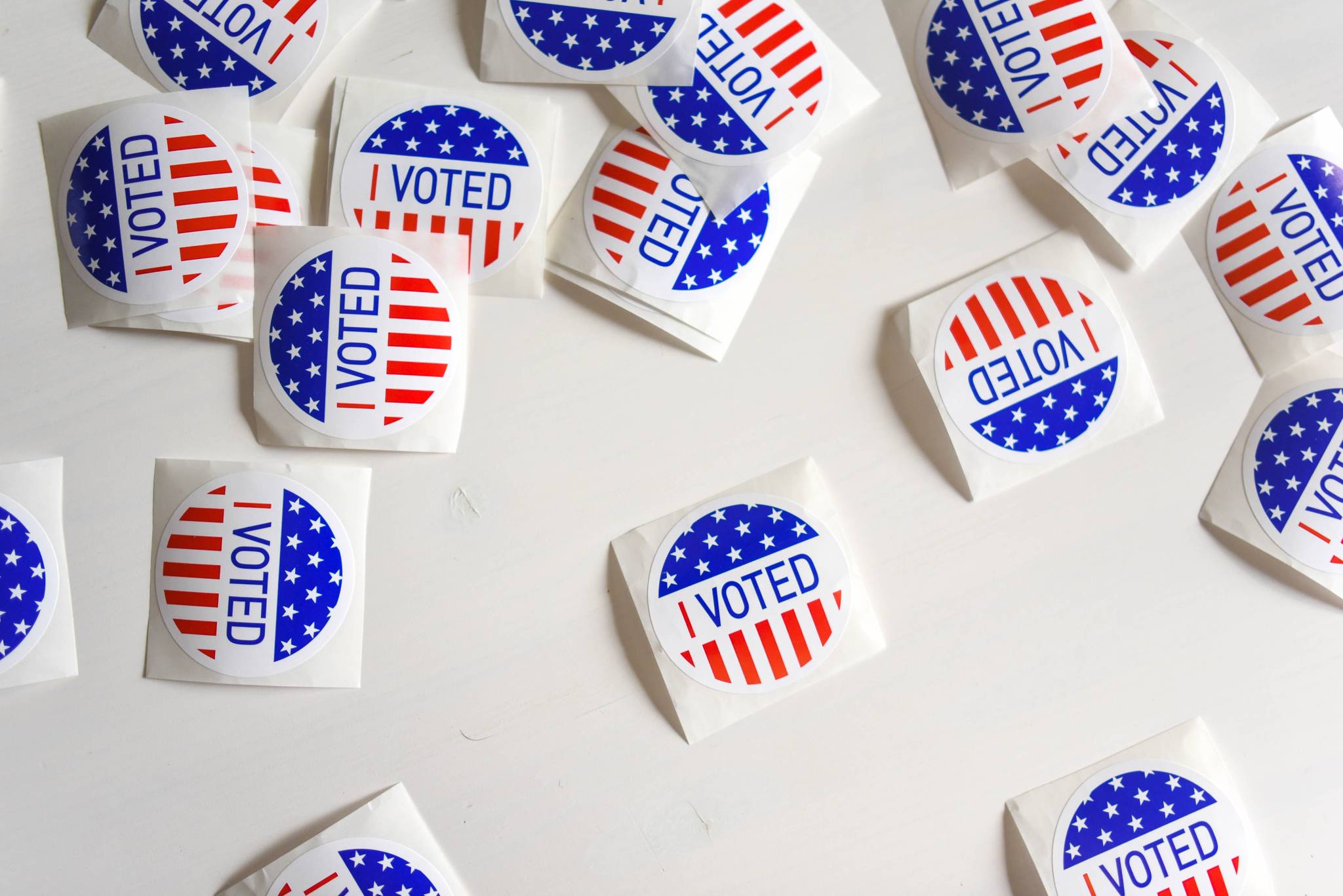When did compromise and bipartisanship become dirty words? While watching the gridlock and name-calling in the U.S. Congress, I thought to myself “thank goodness the craziness hasn’t spread to Alaska.” Former Gov. Bill Walker reached across the aisle and ran with Byron Mallott. In the last session, moderate Republicans formed a bipartisan coalition with Democrats. First, Walker lost his re-election bid to a man promising a statutory free lunch. Then, last August, former Senate President Cathy Giessel and other moderate Republicans were primaried out of office. How can we break the fever of this partisan pandemic? There is a promising political vaccine on the horizon.
Democracies work best when a broad cross-section of society decides who gets elected. Closed partisan primaries tend to magnify the voices of ideologically driven activists and rich corporate donors. This pulls candidates and policy away from the wishes of the broad majority of Alaskans. As Tammany Hall’s Boss Tweed famously said “I don’t care who does the electing, so long as I get to do the nominating.”
[Election reform measure goes beyond party lines]
Our democracy is broken. In 2017, the political scientists Martin Gilens and Benjamin Page did a study comparing enacted laws to the wishes of average Americans, the one percent, and corporations. Their conclusion was that “the preferences of the average American appear to have only a minuscule, near-zero, statistically non-significant impact on public policy.”
There is a political vaccine in the pipeline that has promise. Pharmaceutical companies didn’t develop it. Alaska’s voters approved it last November, with Ballot Measure 2. It has three main components: Open primaries, ranked-choice voting and disclosure of dark money in campaigns.
Open primaries and ranked choice voting will force candidates to appeal to a broader cross-section of the electorate. Candidates will work harder to ensure that voters who aren’t in their corner will still make them their second, or third or fourth choice. When politicians appeal to more voters, and less to donors and activists, policies will be more responsive to the citizenry at large.
Open primaries and ranked-choice voting will also lessen politicians’ fear of compromising. One of the sponsors of Ballot Measure 2 worked as an aide to Walker. He saw firsthand the legislators who were afraid to compromise for fear of losing a primary. In a closed primary, one half of one half of the electorate decides who appears on the general election ballot. A small minority limits our choices. Ballot Measure 2 will involve a broader sample of the electorate in all phases of our elections.
It’s a great theory, but have open primaries and ranked-choice voting worked in the real world? Ranked-choice voting has been used in Australia for 100 years. According to the Australian political scientist Benjamin Reilly, “the system has helped maintain social harmony by delivering centrist politics. There is a focus on the middle ground in elections, and a similar convergence on many big-ticket policy issues such as health, education and defence by our two main parties.”
The musical “Cabaret” had a song with the memorable line “Money makes the world go around, the world go around, the world go around. Money makes the world go around, that clinking clanging sound…” Dark money sets up a “vetocracy”, where corporate elites can block sensible reforms that the majority wants.
Ballot Measure 2 takes on that clanking dark money. It requires disclosure of all individual donations over $2,000. It also requires political groups to disclose if over 50% of their funds come from out of state.
Sunshine is the best disinfectant. Billionaires and corporations are very protective of their brands. None want to be dropped from major retail outlets, as recently happened to the MyPillow guy. With disclosure, corporations will think twice before greasing the palms of corrupt politicians and parties.
Ballot Measure 2 will go a long way toward making our government serve the people, instead of the donors and activists. It won’t completely cure the disease of partisanship and corruption. But it might just break the crazy partisan fever gripping our nation. And we can all use a little bit of good news right about now.
• Rob Welton resides in Douglas. Columns, My Turns and Letters to the Editor represent the view of the author, not the view of the Juneau Empire. Have something to say? Here’s how to submit a My Turn or letter.

